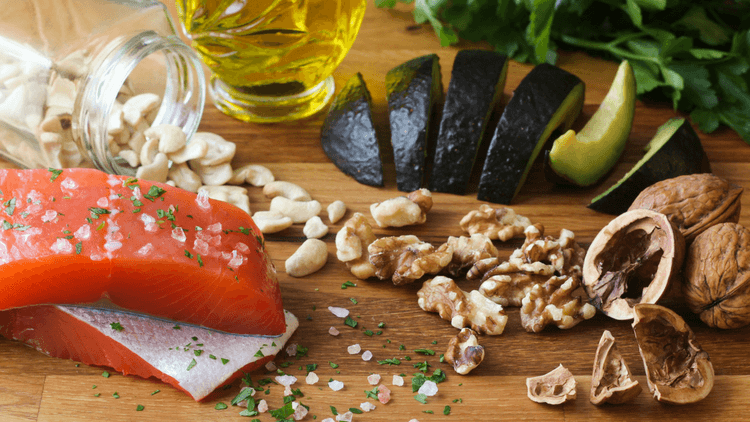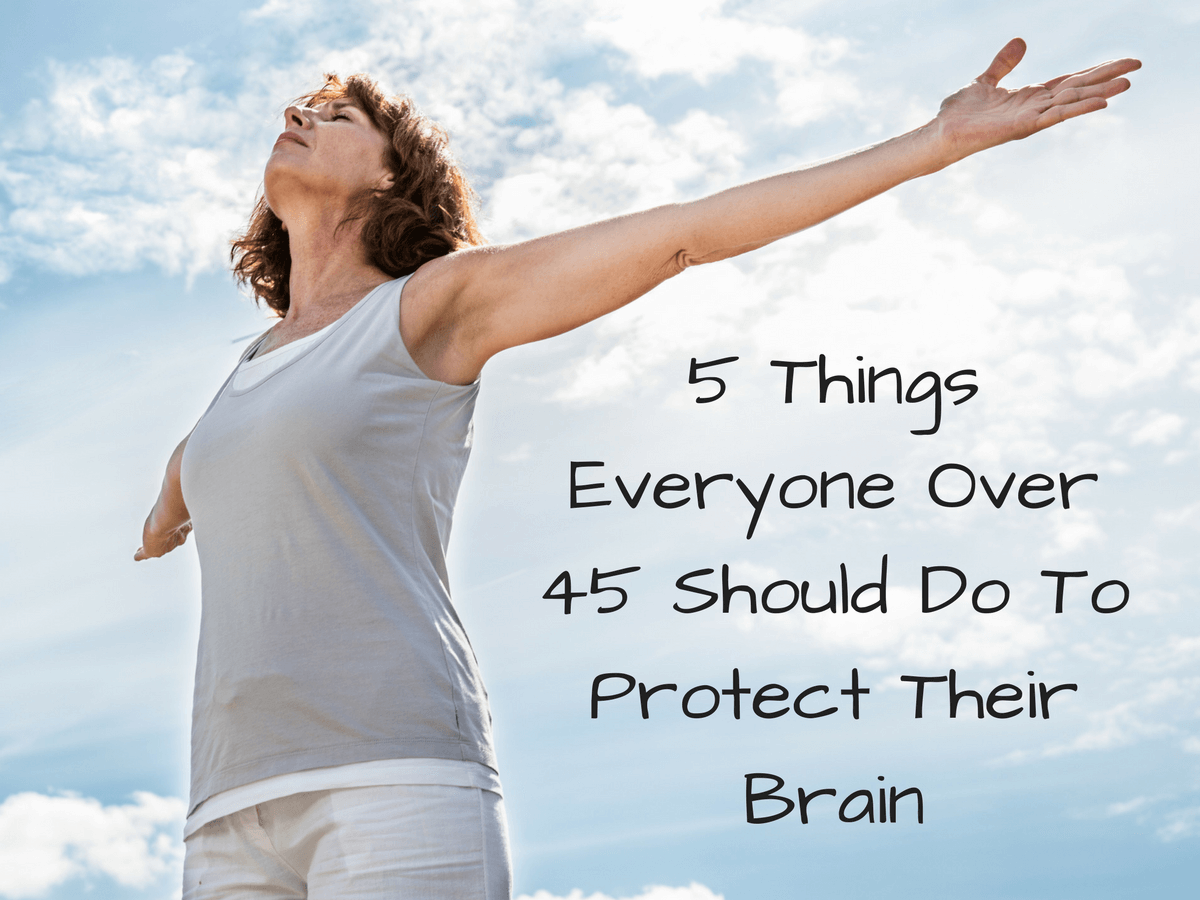We all know that it’s vital to eat a healthy diet, but most often when people mention that, they’re only referring to their physical health. Your diet plays just as important a role in your mental health and mood, so if you’re not eating healthily, you’re not going to be operating at maximum cognitive ability.
Since most education systems seem to focus more on the food–body relationship than the food–mind relationship, we’ve written this article to help educate you about food and the brain. After reading this, you’ll have a general idea of which nutrients affect the brain and why they’re important to manage your mood.
How does food affect the brain?
First and foremost, a healthy diet supplies your body with the essential amino acids that it needs to function. Amino acids are organic compounds that bind together to create protein, which is essential for pretty much all of our biological functions. Amino acids are crucial for the brain to function properly.
- They help transport nutrients through your body and to your brain.
- Amino acids and protein provide the cellular structure of many of our cells.
- Amino acids help to repair damage done externally and internally in your body.
Your body produces some amino acids on its own, but the essential amino acids (named thus because it’s essential that we obtain them from our diet) must come from external sources. The best sources of large quantities of amino acids are meat and fish, but if you eat a varied diet with many brightly colored fruits, veggies, grains, and legumes, you should be able to get a full supply of amino acids.
It’s important that you have a regular dietary source of these amino acids because they play very important roles in your brain.
- Glutamine helps to regulate anxiety and minimize stress. It also helps to strengthen the psyche – many people with chronic fatigue or mental disorders have a lack of glutamine in their body.
- Arginine is an amino acid that can help improve the libido and increase the potency of the male sex organs. It’s also great for lowering blood pressure – high blood pressure can be detrimental to your brain – and for helping ease insomnia and promote deep sleep.
- Ornithine also helps eliminate insomnia by helping to prevent your body from producing too much ammonia – a natural byproduct of protein breakdown. Too much ammonia can get into your brain and restrict cellular respiration, leading to insomnia.
- Carnitine has been shown to improve memory and focus as well as stabilizing mood. It decreases your stress response to stressful situations.
Combining B vitamins with amino acids significantly enhances their effects and bolsters their mental benefits. Homocysteine is another toxic compound produced during the breakdown of proteins. Seniors with lower cognitive abilities were studied and revealed to have higher levels of homocysteine in their bodies. Homocysteine is further broken down by enzymes fueled by the B vitamins, and if you’re deficient, the homocysteine will stick around to wreak havoc.
B vitamins are also vitally important for brain function because they help to metabolize carbohydrates and turn them into energy. Without B vitamins, your body won’t be able to make good use of the carbs you’re consuming. This can lead to cognitive fatigue and a general lack of motivation.

There are several other nutrients that play particularly important roles in the brain.
- Omega-3 fats, which can be found in abundance in fish, as well as olive oil and avocados. There is increasing evidence that they are required for the brain to develop properly. This make sense when you consider that the brain is largely made of fat.
- Conversely, diets that are very high in saturated fats are shown to have the opposite effect on cognition. Saturated fats seem to limit the production of certain molecular processes that enhance your brainpower.
- Flavonols, a type of antioxidant that is present in foods like cocoa, fruits, and beans. One particular flavonol, quercetin, a highly important antioxidant for the human body, is shown to decrease memory impairment in rats.
- Folate, technically a B vitamin, is necessary for proper brain function. Deficiency of folate can lead to depression and memory impairment. Ample supplementation of folate in particular, as well as other B vitamins, slows the rate of mental decline.
- Choline, sourced most significantly from eggs, can also be found in red meat and chicken. Choline is the precursor to acetylcholine, which is the main neurotransmitter used in our cholinergic system, which we use for memory retrieval.
- Deficiencies in vitamin D, selenium, and vitamin E all contribute to cognitive decay. Conversely, if you have too high a concentration of calcium or zinc in your body, they will also contribute to cognitive decay.
- Vitamins C, D, E, and iron are all indicated for helping slow cognitive decline or helping to restore cognition to a healthier, more stable point.
All of these nutrients, including the flavonols, can be obtained through eating a varied diet with lots of different kinds of food. Vegans may have a difficult time finding choline, since the most significant sources are from animal products, but choline supplements are effective and easy to find.
The best way to balance your mood and cognitive function is to get these nutrients from your diet, not from a supplement. Eating whole foods provides your body with a more natural balance of nutrients that are usually absorbed much better than supplements are.
In conclusion
A varied, healthy diet is as important for your brain as it is for your body. However, you need to be careful not to consume too much of the nutrients that can cause cognitive issues – namely calcium and selenium. A wide assortment of fresh organic foods, as well as grass-fed meats or fish and chicken, will ensure that your brain gets the nutrients it needs.



